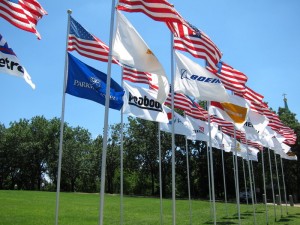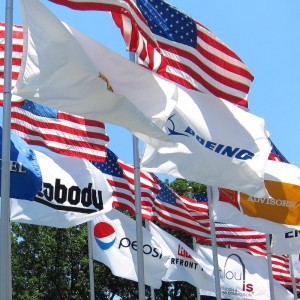The cost of America’s warmongering
President Barack Obama recently suggested that America's wars had cost $1 trillion. Reuters suggested that Obama is not being forthright:
Staggering as it is, that figure grossly underestimates the total cost of wars in Iraq, Afghanistan and Pakistan to the U.S. Treasury and ignores more imposing costs yet to come, according to a study released on Wednesday. The final bill will run at least $3.7 trillion and could reach as high as $4.4 trillionThe study referred to is this one, by Costs of War. Unlike your local newspaper or your local TV news, this is website that pulls no punches. Here are some of the findings:
- While we know how many US soldiers have died in the wars (just over 6000), what is startling is what we don’t know about the levels of injury and illness in those who have returned from the wars. New disability claims continue to pour into the VA, with 550,000 just through last fall. Many deaths and injuries among US contractors have not been identified.
- At least 137,000 civilians have died and more will die in Afghanistan, Iraq, and Pakistan as a result of the fighting at the hands of all parties to the conflict.
- The armed conflict in Pakistan, which the U.S. helps the Pakistani military fight by funding, equipping and training them, has taken as many lives as the conflict in neighboring Afghanistan.
- Putting together the conservative numbers of war dead, in uniform and out, brings the total to 225,000.
- Millions of people have been displaced indefinitely and are living in grossly inadequate conditions. The current number of war refugees and displaced persons -- 7,800,000 -- is equivalent to all of the people of Connecticut and Kentucky fleeing their homes.
What followed were three wars in which $50 billion amounts to a rounding error. For every person killed on September 11, another 73 have been killed since.



